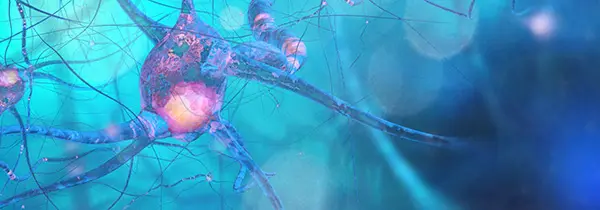Alzheimer's and Dementia
Worldwide, 55 million people are living with Alzheimer's and other dementias.
Alzheimer’s disease is a degenerative brain disease and the most common cause of dementia. Dementia is not a specific disease. It's an overall term that describes a group of symptoms.
Understanding Alzheimer’s Disease & Dementia
Alzheimer's is the most common form of dementia, a general term for memory loss and other cognitive abilities serious enough to interfere with daily life.
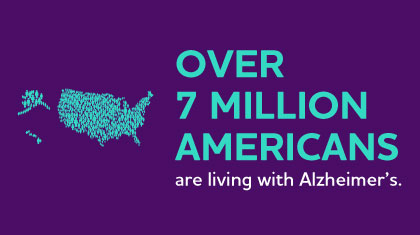
Facts and Figures
Our annual report reveals the burden of Alzheimer’s and dementia on individuals, caregivers, government and the nation’s health care system.
Get the Facts

Causes and Risk Factors for Alzheimer's Disease
Causes of Alzheimer’s and other dementias can include several risk factors – such as genetics, behaviors and habits.
Learn More

What Is Dementia?
Dementia is a general term for loss of memory and other thinking abilities severe enough to interfere with daily life. Learn early signs, symptoms and more.
Learn More
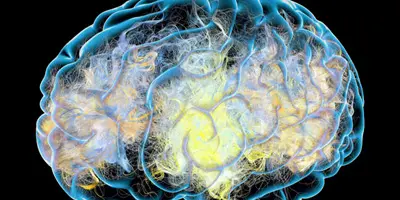
What is Alzheimer’s Disease?
Alzheimer's is a type of dementia that affects memory, thinking and behavior. Symptoms eventually grow severe enough to interfere with daily tasks.
Learn More
What To Expect
Understand what to expect when visiting a doctor about symptoms, how Alzheimer’s disease progresses, and what resources are available.

How is Alzheimer's Disease Diagnosed?
Learn what to expect when visiting a doctor for symptoms of Alzheimer's disease.
Learn More

Stages of Alzheimer's
Alzheimer's disease typically progresses slowly in three general stages.
Learn More


Treatments for Alzheimer's
There's no cure for Alzheimer’s, but there are treatments that may change disease progression, and drug and non-drug options that may help treat symptoms.
Learn More
Research & Progress
This is a time of unprecedented promise in the race to end Alzheimer’s. As the world's largest nonprofit funder of Alzheimer's research, the Alzheimer’s Association is committed to accelerating the discovery of methods of treatment, prevention and, ultimately, a cure.
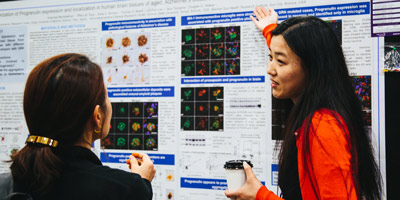
Our Commitment to Research
Our commitment to accelerating the global effort to eliminate Alzheimer's disease and other dementias is at the core of all we do.
Learn More
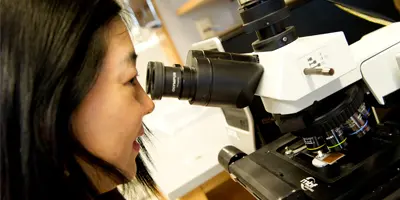
Treatments and Research
An overview of research on treatments aimed at stopping, slowing or even preventing Alzheimer's.
Learn More

The first survivor of Alzheimer's is out there, but we won't get there without you.
Donate Now
Learn how Alzheimer’s disease affects the brain.
Take the Brain Tour




